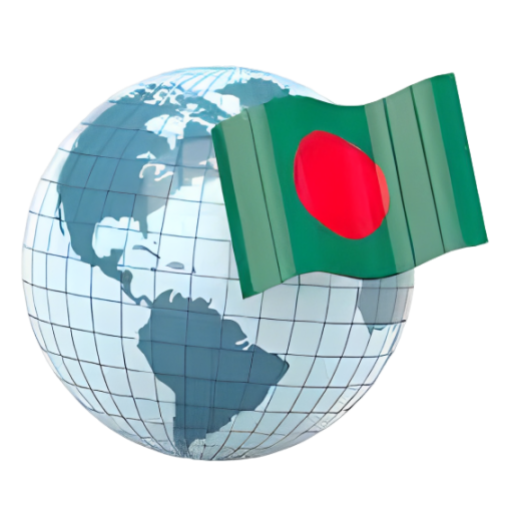After spending several transformative years in Australia for education and career, I stood at a crossroad many of us from the global south eventually reach. One path was bright, paved with first-world opportunities; a very tempting path up the ladder of ambition, corporate empowerment of the white society and comfort of the living standard. I had access to world-class systems, modern infrastructure, and an environment that rewarded ambition. The other was more of an uncertain calling, challenging. A path far less predictable, paved not with comfort but with commitment. A return to my roots, to a land often underestimated, yet deeply loved, which I see through the eyes of empathy: Bangladesh.
It wasn’t an easy decision; I could have settled for comfort, earned decently and lived a life many dream of. But I kept asking myself, could success mean something deeper? Something rooted in giving back, in building something where it’s needed the most?
I chose the second path. A path that is leading to taking ownership and responsibility.
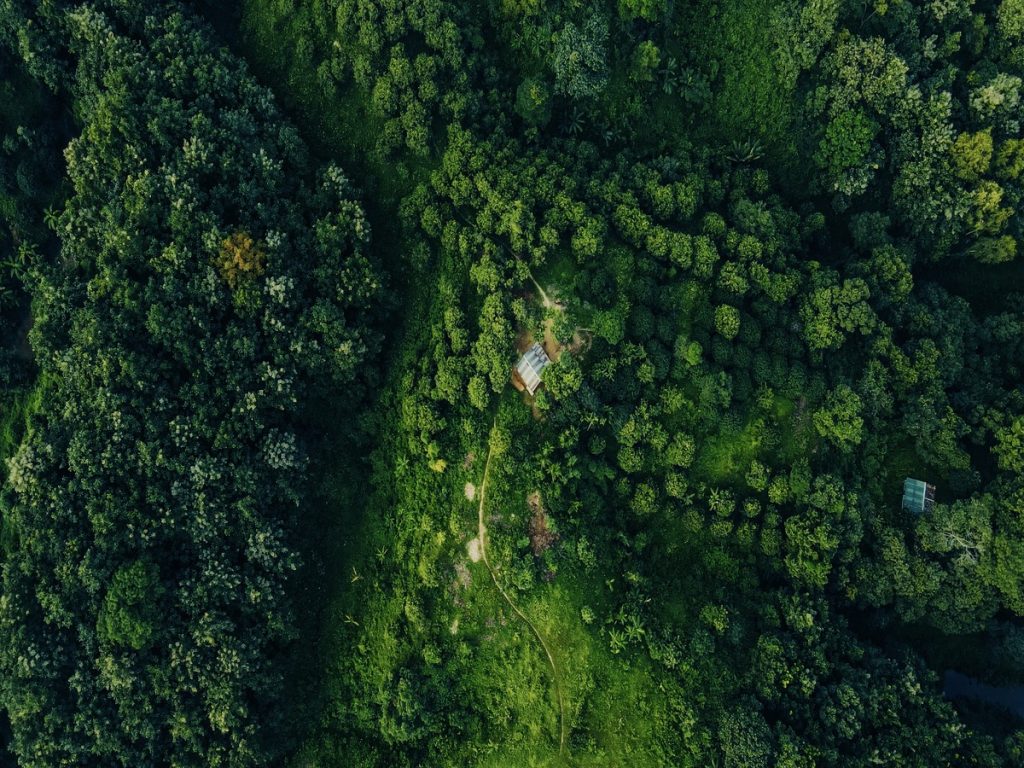 Privilege Meets Purpose
Privilege Meets Purpose
My time in Australia and exploring other countries from passion taught me many things — critical thinking, discipline, and innovation — but above all, it taught me to recognise my privilege. I saw firsthand how systems can be designed to serve people, how urban and rural lives can coexist in balance and how tourism can empower local communities rather than exploit them.
It pained me to realise that the beauty, culture and resilience of my own country often go unnoticed, even by us, its own people. Bangladesh is not just a land of struggle and survival. It is a land of rivers, stories, crafts, and deep human warmth. I knew I had to come back and be a part of reshaping how we see and build our country.
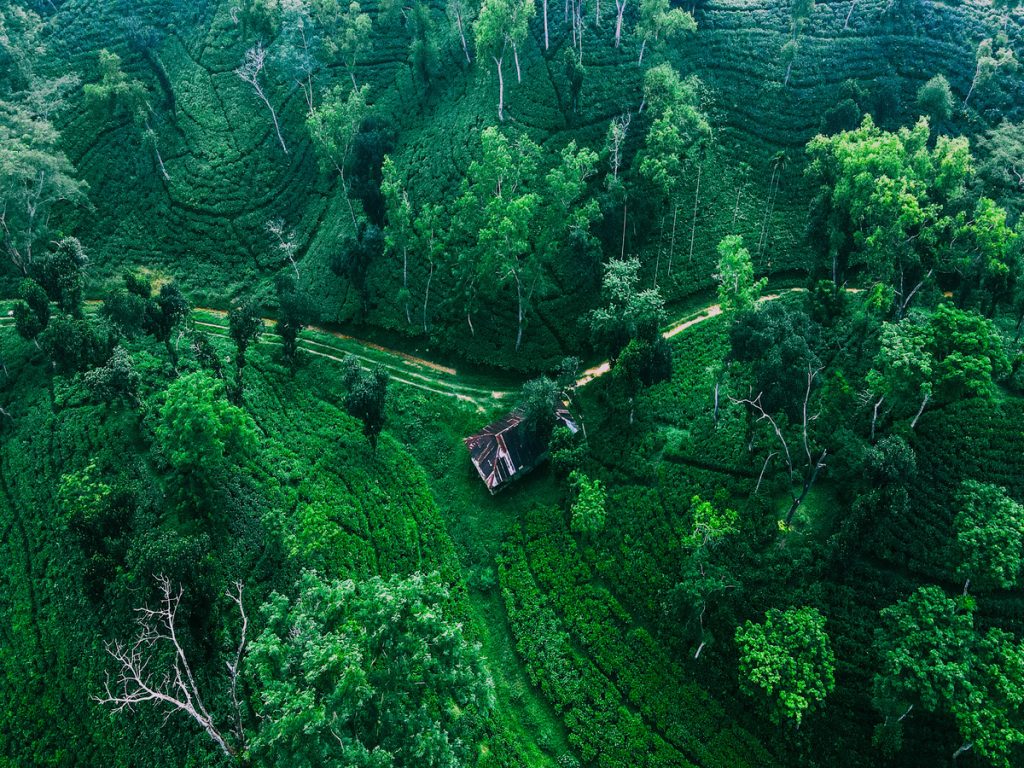
Building Back Through Tourism
I saw how tourism wasn’t just leisure; it was economic empowerment, storytelling and sustainability. And it struck me how much untapped potential lay back home.
In New Zealand, Māori culture is not just preserved but proudly integrated into tourism experiences. Costa Rica has turned its forests and biodiversity into a thriving ecotourism model that benefits locals and conserves the environment. In Vietnam, small-scale homestays in rural regions have created dignified livelihoods for families while offering authentic cultural immersion to travellers.
Bangladesh offers immense potential for sustainable tourism across its diverse landscapes, especially regions like Munshiganj – my own roots hold a raw beauty that is both powerful and fragile. The mighty Padma River flows there, carving through vast green landscapes, seasonal wetlands and riverine communities whose lives are deeply intertwined with nature. This region, like many others, is feeling the weight of climate change — yet its people remain resilient, creative and hopeful.
Climate-affected regions in Bangladesh, from the deltaic coastlines of the Sundarbans to the flood-prone chars of the Padma, are rich in natural beauty, heritage, and human strength. Yet they suffer from economic fragility, seasonal migration and disappearing livelihoods.
What if tourism could become a solution?
Not the extractive, plastic-wrapped tourism we see in many places — but eco-friendly, sustainable, locally rooted experiences that benefit the community as much as the visitor. Inclusive tourism – that’s the kind of tourism I have returned to build. A form of travel that opens the eyes of city-dwellers and international guests while opening doors for local entrepreneurs, farmers, boatmen, artisans, and women who have long waited to be seen.
Why It Matters
I came back not just for patriotism but for possibility. Bangladesh is at a turning point. We are no longer the country of only survival stories. We are a country of potential. Of innovation. Of returnees. Of change-makers.
Investing in tourism means investing in people. It means creating jobs where there were none. It means preserving culture that was fading. It means showing our next generation that you don’t have to leave to live well. Only if you are resilient enough to stay, build and thrive with purpose.
The Road Ahead
I’m not here to romanticise the challenges. Bureaucracy, infrastructure, funding and mindset shifts – all of these are real barriers. But I believe our generation was not made to follow easy roads. We were made to build new ones. To navigate bureaucracy, we need patient persistence also partnership with local governing body. When it comes to infrastructure we must design around our limitations. Building lightweight, modular, climate-smart structures that work with the environment. Investing in local craftsmanship, low-impact utilities, and off-grid solutions allows us to grow sustainably. When your vision is rooted in impact, the right kind of funding follows.
If even a handful of us who studied abroad return with our knowledge, networks and hearts in the right place, we can be the change in this country. Not overnight but step by step, with every eco-cabin built, every local guide trained, and every child who grows up seeing tourists admire their homeland, we will be doing our best to bring change. Real transformation happens when you create living examples of what’s possible.
Not as copycats of foreign models but as architects of a unique Bangladesh in future.
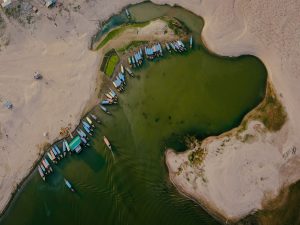
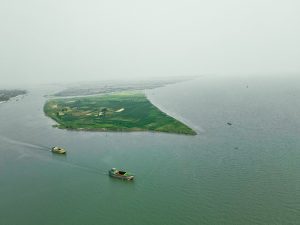
Coming Home With A Mission
My return was not an end; it was a beginning. A promise to my bloodline, my community and a statement to the future returnees that I did not leave to escape. I left to learn, and I came back to give.
Because loving your motherland means more than waving a flag; it means getting your hands dirty in the soil, facing the struggle and building your own solutions. My part can be small yet significant. Coming home was not an act of sacrifice; it was a conscious choice to build what I went to find in the first place.

Rafia Khan
A rather patriotic youth of Bangladesh. Rafia Khan has completed her Bachelors in International Business and Finance from RMIT Melbourne Australia. After returning to Dhaka, Bangladesh she launched Slow Resorts Ltd, a hospitality initiative rooted in Munshiganj. She is an emerging social entrepreneur with a mission to carve a culture out of passion. A culture of giving, a generation of building a new path through promoting sustainable, community-based and climate-conscious tourism. The Slow Garden and The Slow Deck, Munshiganj, are the boutique resorts launched by her company.

